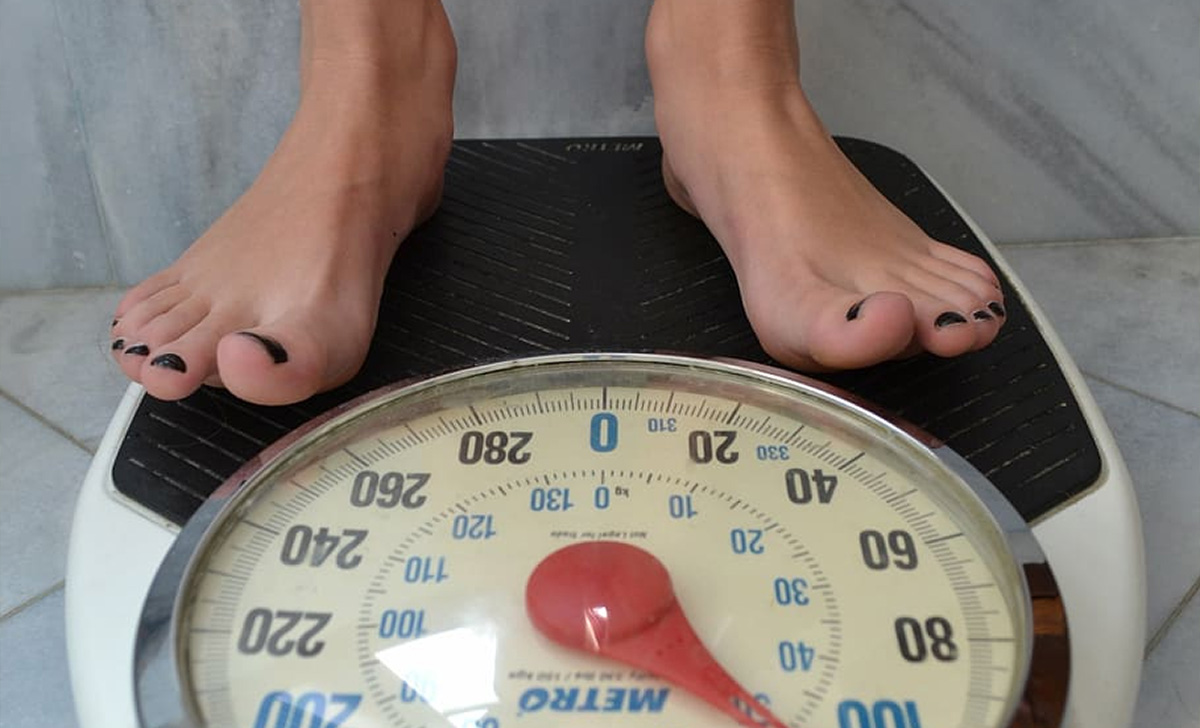Losing weight without any effort is the dream of many. But is it possible? According to a group of scientists, a simple remedy could be used when diets and physical activity don’t work. Let’s see which one.
Beware of shortcuts
When it comes to weight loss and physical activity there are many myths to dispel. The goal of taking at least 10,000 steps a day, for example, is just a marketing slogan: that’s how far you really need to walk to get back in shape in no time. Another idea to watch out for is that sport is only for weight loss. Actually, moving is important for staying healthy, beyond your weight loss goals. As explained by the Istituto Superiore di Sanità, in fact, among the many advantages of physical activity there would also be the ability to:
- regulate pressure;
- reduce the risk of heart disease;
- help prevent certain types of cancer;
- lower cholesterol;
- prevent osteoporosis;
- reduce the risk of type 2 diabetes.
Furthermore, following a healthy diet is not just about achieving a healthy weight. Nutrition is essential to prevent certain diseases: just think that three very common mistakes at the table could kill more than smoking. That’s why you should never believe that you can keep fit without moving around and eating junk food. However, it is really frustrating when trying to lose weight by following diets and playing sports, but to no avail. In this case, an interesting scientific study could help.
Not just a diet or a gym, according to a scientific study to lose weight without physical activity, this saving-money trick would help
For those who have tried to fight overweight with diets and sports, but without success, there is a last resort: it is the cold. This is according to a study carried out by Dutch researchers from the universities of Tilburg and Maastricht. It may sound absurd, but the secret lies in the metabolism. In fact, the colder it gets, the more our body has to burn calories to maintain a constant body temperature. According to scientists, setting the thermostat to 18 or 19 degrees in winter could help us lose weight.
In short, not just diet or gym, to lose weight effortlessly and lower your bills it would be enough to get used to a slightly colder house! Of course, more scientific studies are needed to confirm these findings. In addition, for those who suffer from obesity or are overweight, nothing can replace the advice of a doctor. However, this trick may be worth trying. But isn’t it that the cold in the house risks making us sick?
In reality, Dutch scientists have defined the temperature between 22 and 24 degrees (that is, the one we usually keep in the home, office and shops during the winter) exaggerated and unhealthy. The study results also suggested that getting used to living in lower temperatures would also make us more resistant to winter ailments. In short, lowering the thermostat could kill two birds with one stone. Indeed three, if we also consider the savings on bills.
Deepening
For a flatter stomach in your 50s or 60s and cholesterol under control these relaxing exercises might work instead of the usual walking
